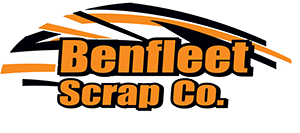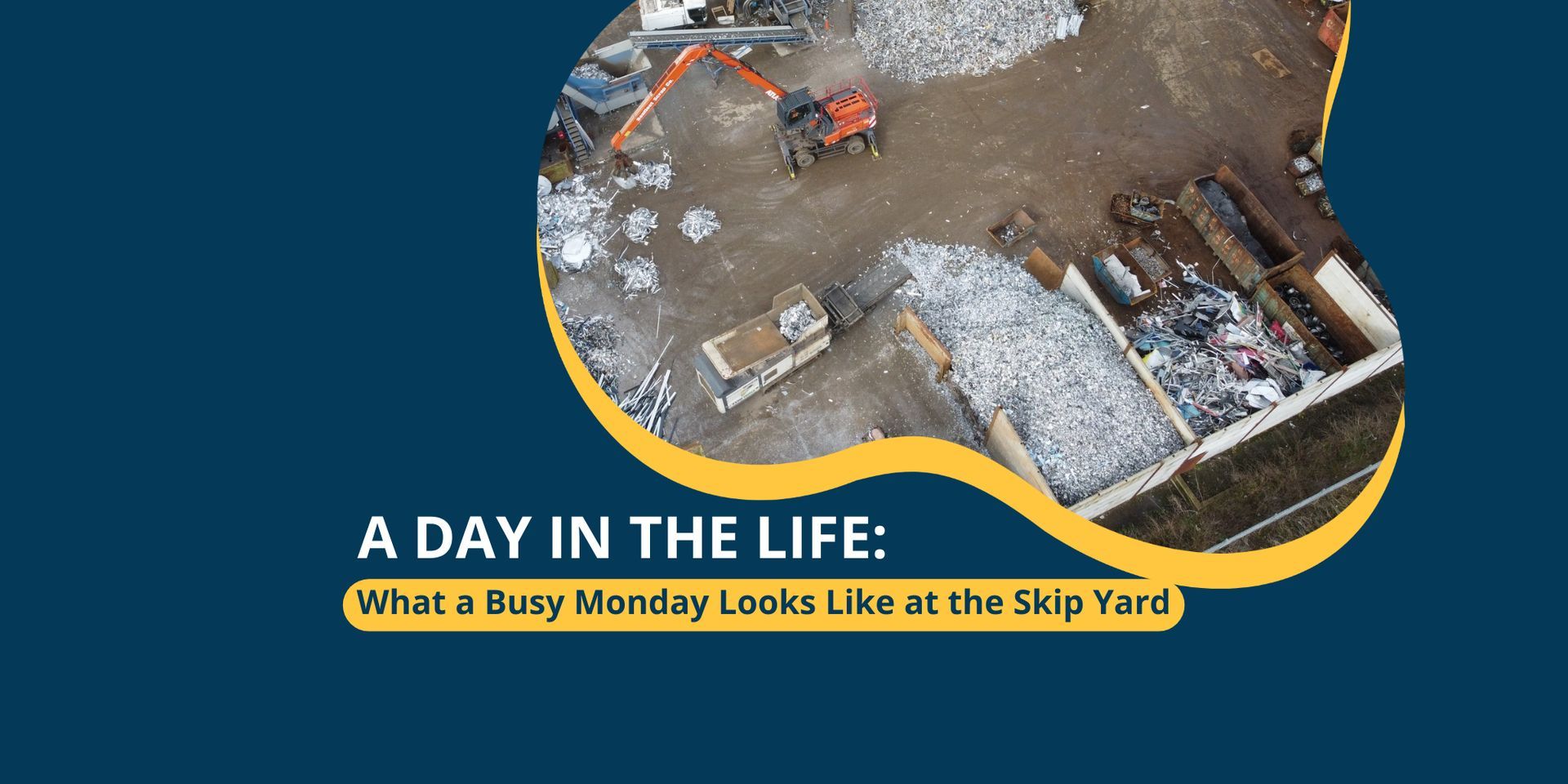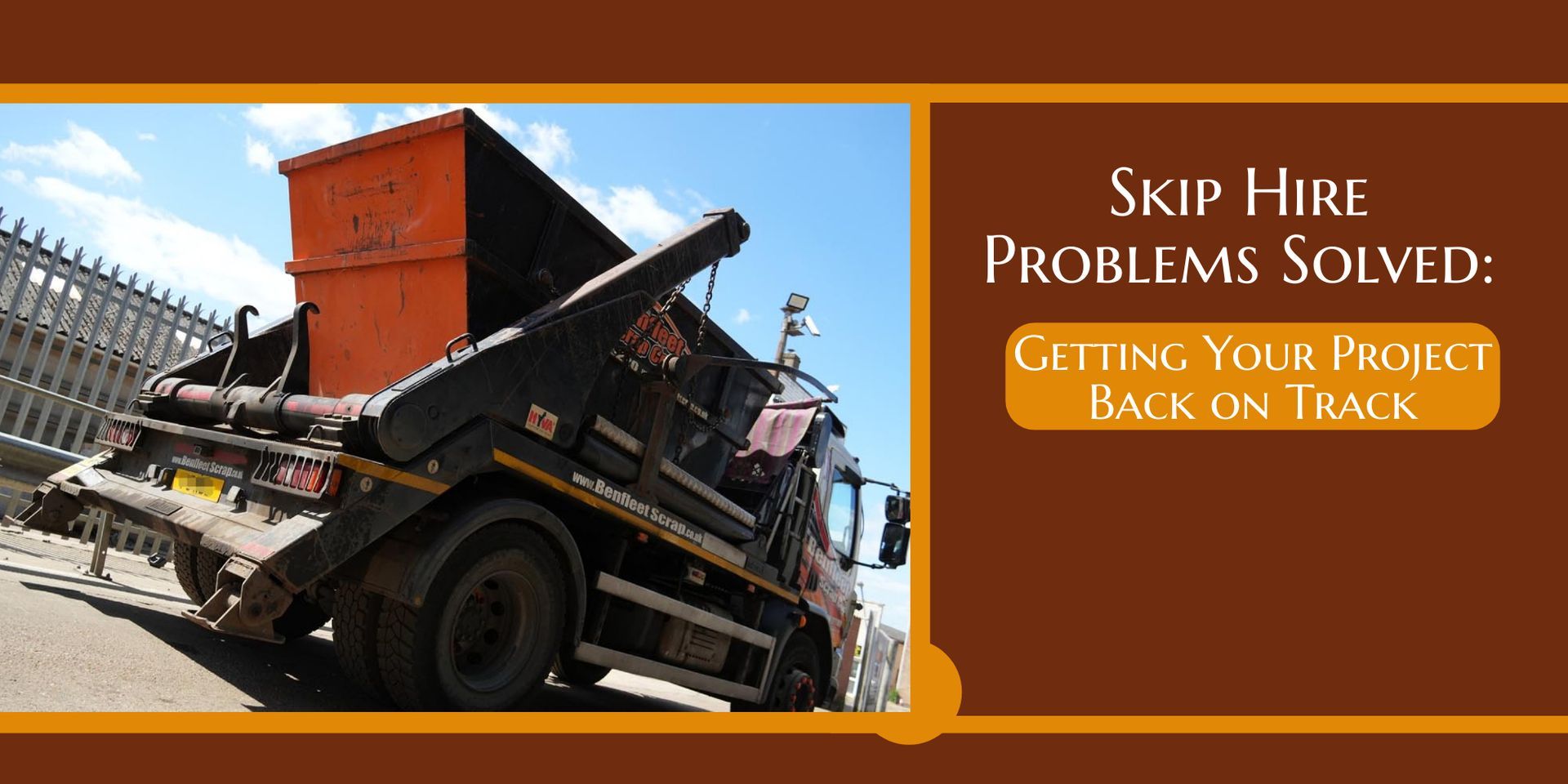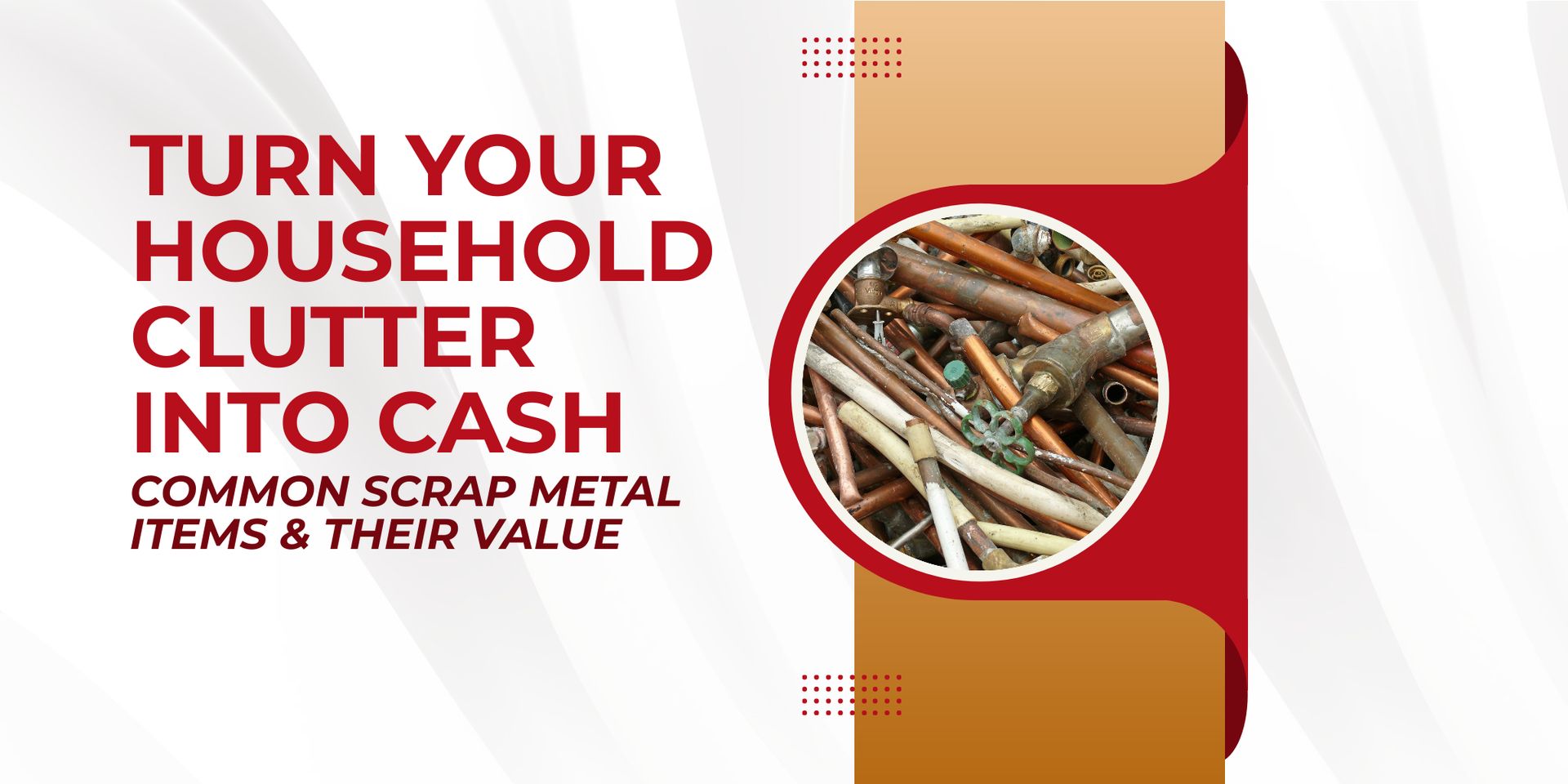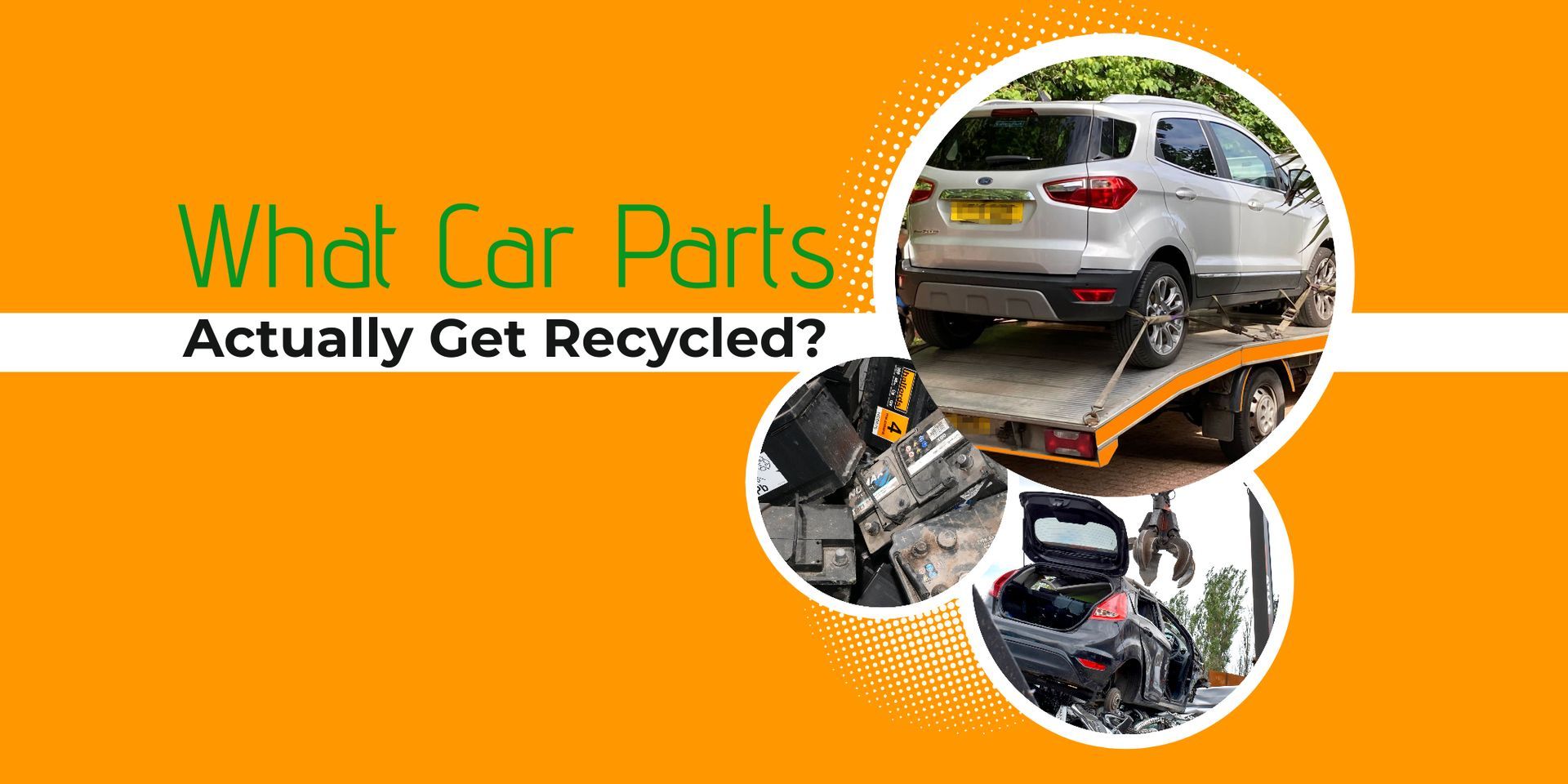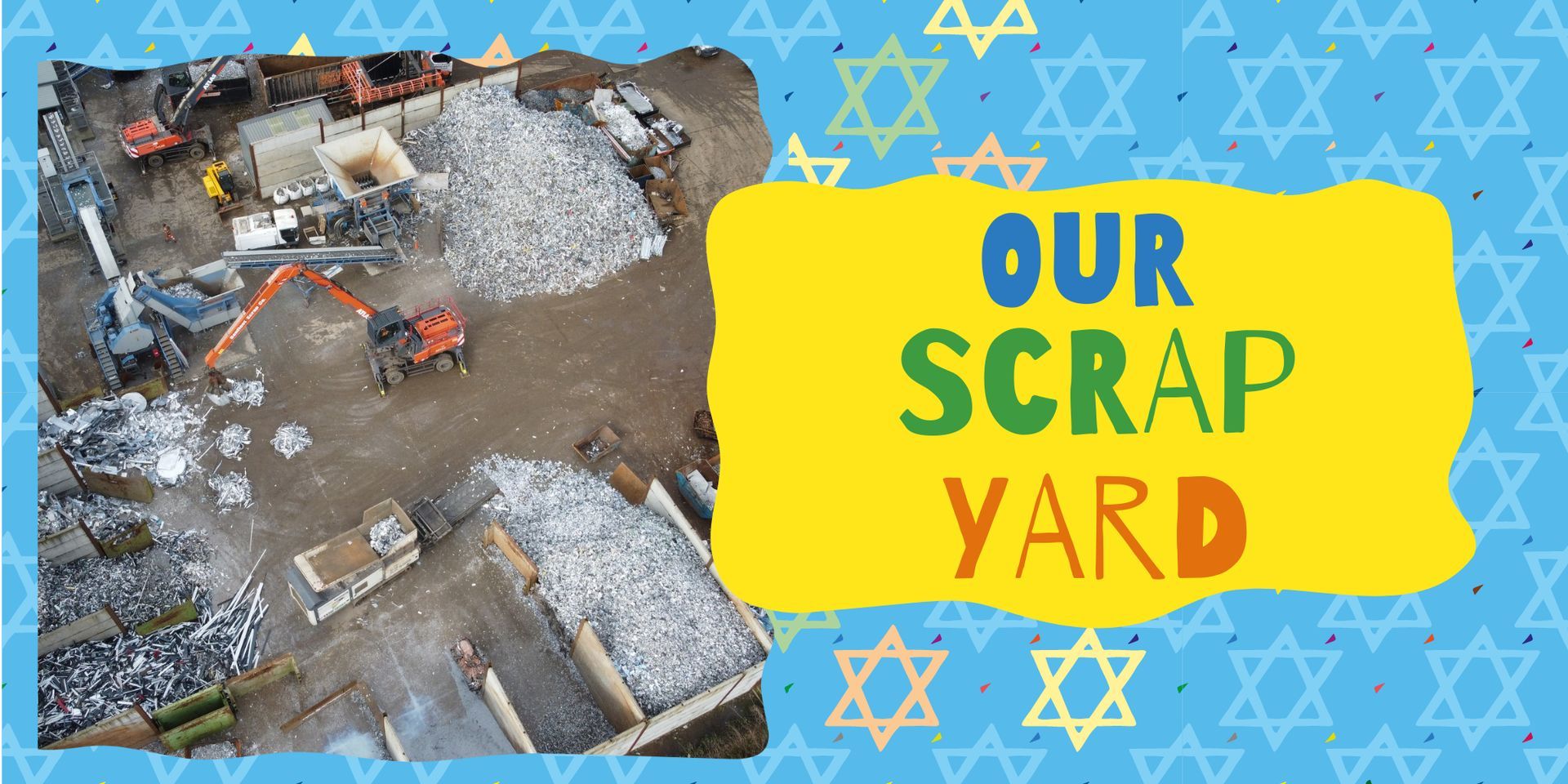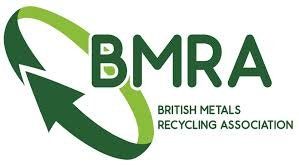Where Does Your Skip Waste Actually Go? The Journey Behind the Collection
Discover where skip companies actually dispose of your waste
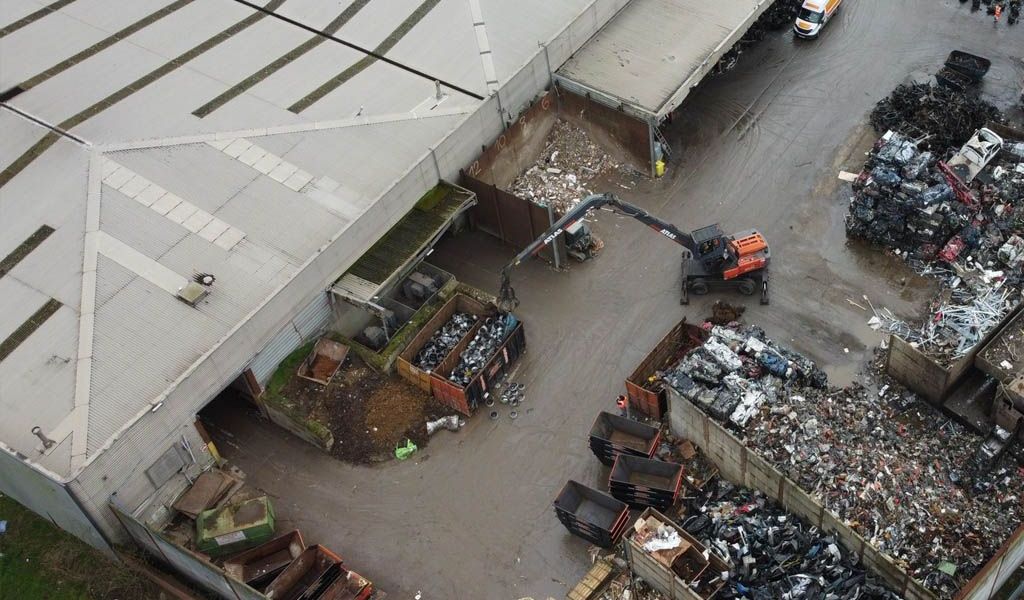
When that skip gets collected from your driveway, you might wonder: where does all that rubbish actually end up? It's a fair question, and the answer might surprise you with how organised and environmentally conscious the process has become.
The First Stop: Waste Transfer Stations
Most skip hire companies, and we’re one of them, don't head straight to a landfill after collecting your waste. Instead, they make their first stop at a waste transfer station – think of it as a sorting hub for rubbish.
These facilities are where the real work begins.
At these stations, trained staff sort through mixed waste with surprising precision.
Your old kitchen tiles get separated from garden waste, metal scraps are pulled aside, and recyclable materials are identified.
It's not glamorous work, but it's essential for keeping as much waste as possible out of landfills.
The Sorting Process: More Complex Than You'd Think
The sorting isn't just a quick glance and toss. Different materials require different handling methods.
Hazardous items like paint tins, batteries, or asbestos need special treatment and can't mix with general waste.
Wood gets separated from concrete, and metals are sorted by type – each material has its own destination.
This careful sorting means that what started as one mixed skip load often becomes five or six different waste streams, each heading to the most appropriate facility.
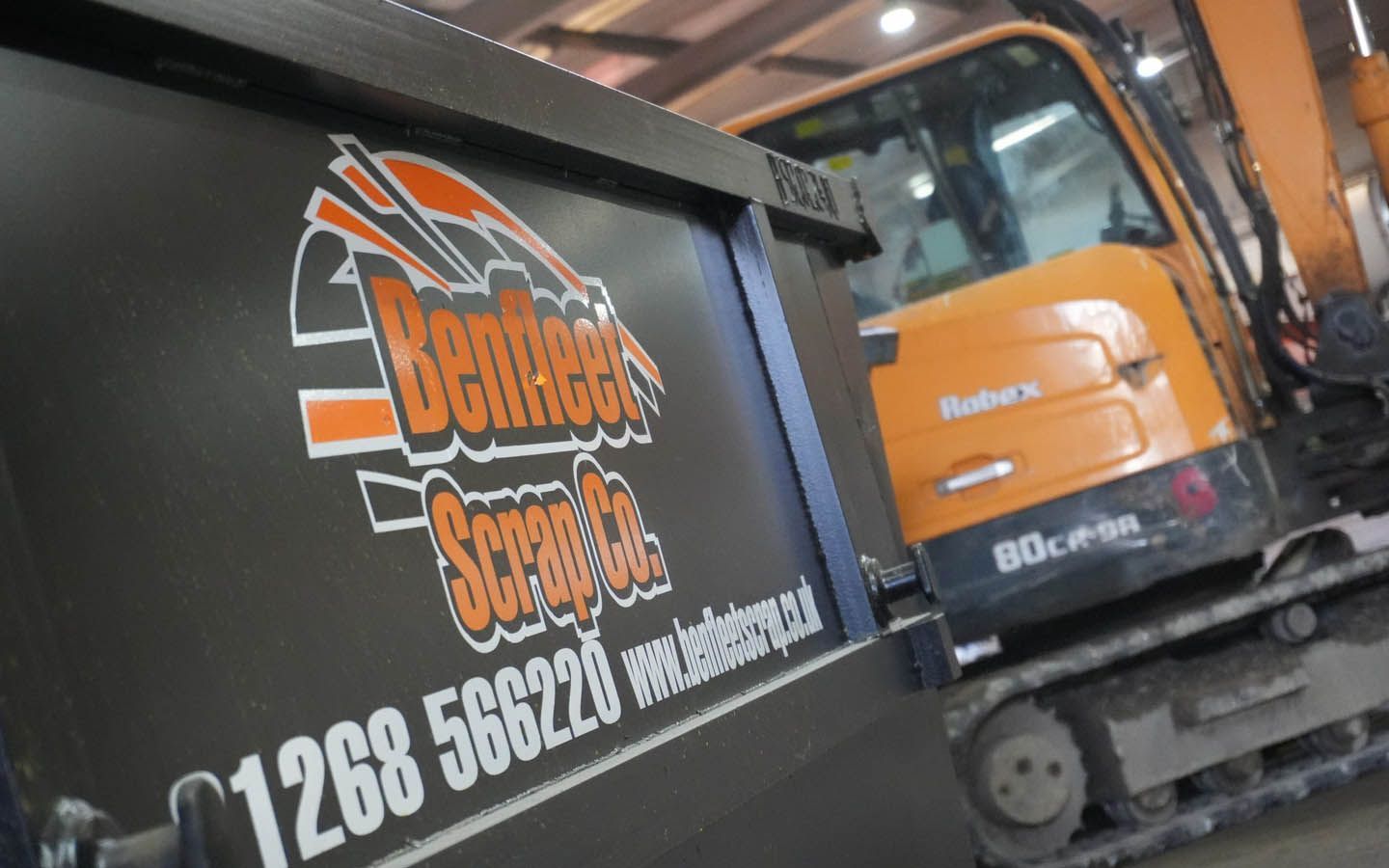
Where It Goes Next: The Three Main Paths
Once sorted, your waste typically follows one of three routes:
Recycling facilities handle the bulk of what can be given a second life. Metals head to scrap dealers, wood might become biomass fuel, and concrete often gets crushed for use in new construction projects. It's satisfying to know that your old fence panels might help build someone's new patio.
Specialised treatment centres deal with hazardous materials. These facilities have the equipment and expertise to safely process items that could harm the environment if handled incorrectly. Your old paint tins and garden chemicals end up here, where they're neutralised or disposed of safely.
Landfill sites remain the final option for materials that genuinely can't be recycled or reused. However, thanks to improved sorting processes, far less waste ends up here than in previous decades.
The Environmental Impact
This multi-stage process isn't just about following regulations – it makes genuine environmental sense.
By maximising recycling and proper disposal, skip companies help reduce the demand for new raw materials and prevent harmful substances from contaminating soil and water.
Many skip hire companies now achieve recycling rates of 80% or higher, meaning only a fraction of collected waste actually reaches landfill.
That's a significant improvement from the days when most skip contents went straight to the tip.
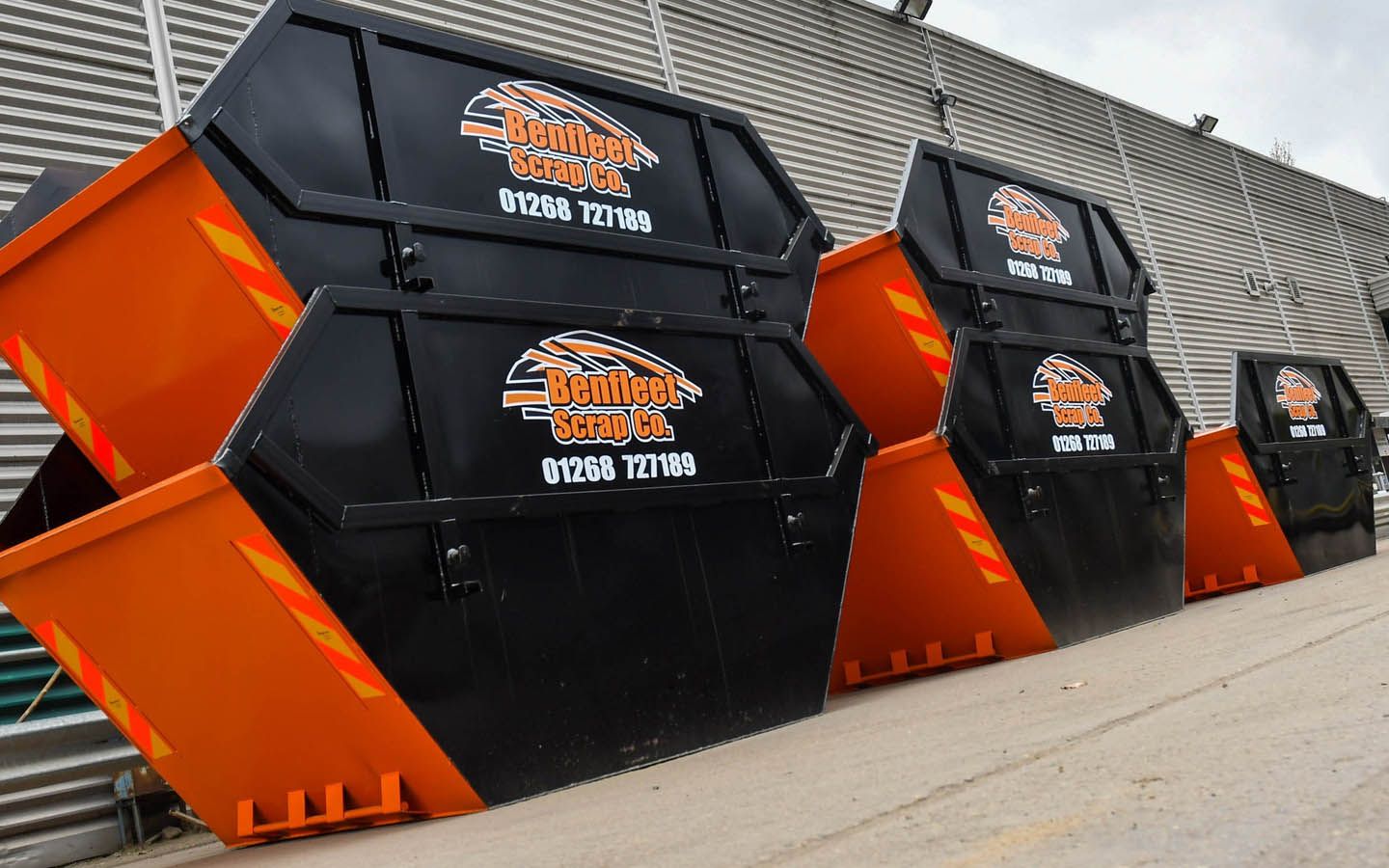
Choosing the Right Skip Company
When selecting a skip hire service, it's worth asking about their waste disposal practices.
Reputable companies are usually happy to explain their environmental policies and recycling rates. After all, responsible waste management benefits everyone.
The next time you fill a skip, remember that your waste is beginning quite a journey.
From sorting stations to recycling centres, there's an entire industry working to ensure your rubbish is handled as responsibly as possible.
If you have a question about this blog (or any of our other blogs) then please do not hesitate to get in touch.
We will always try and answer your question quickly and professionally.
